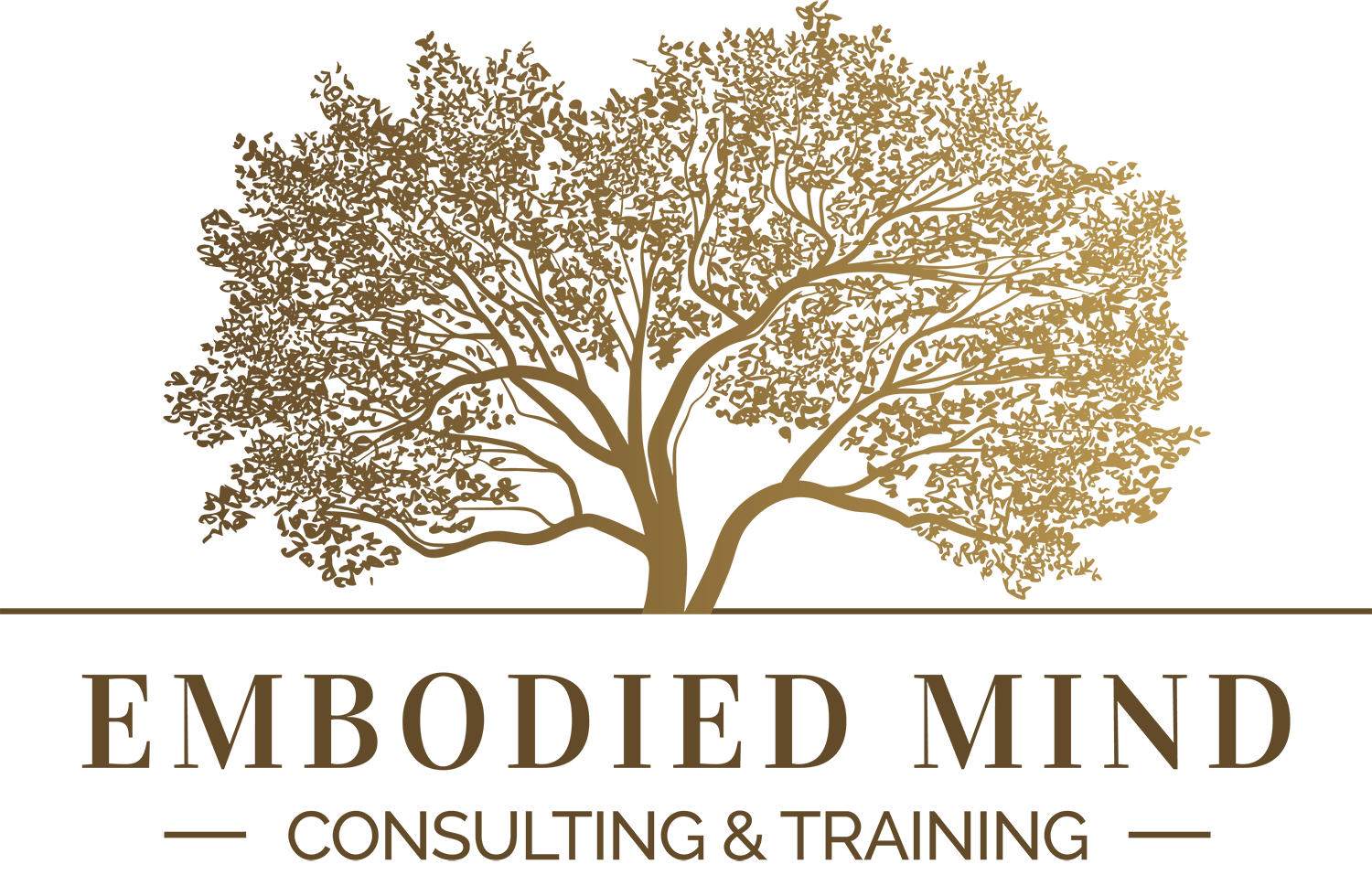After two years of research and a year of writing, the time has come:
My book “The Regenerative Organization – Stories, Patterns, Practices and Spaces of Possibility” will be published in October 2025 by Schäffer-Poeschel Publishing.
The manuscript is currently in the editing process – and I’m excited to share this next step with you.
It’s been a year and a half since our last blog article on regenerative companies. During that time, we’ve been deeply engaged in the topic of regenerative organizations. We are a research team of seven members of the Agile Organizational Development Guild:
Shirin Groß-Yachkaschi, Carsten Holtmann, Hannes Horn, Thomas Klug, Anke Loose, Claudia Schröder, and Carina Zachariah. In this article, we’d like to share insights from our research journey and summarize the results we’ve gathered.
In the course of our own reflections and learning processes, we came across the topic of regenerative cultures and systems. The perspectives of authors and entrepreneurs with an eco-social, regenerative understanding expand the concept of sustainability into a more holistic worldview. They offer organizational development a concrete mandate: to help co-create regenerative cultures within companies.
Dealing with Existing Attitudes and Behaviors in Organizations: In our final exploration round, we gathered ideas about how we might engage with these attitudes when we want to introduce the topic of sustainability in organizational development (OD).
Since the founding of the Agile Guild, several circles have been established. This is a blog post from the Circle for Sustainability and Organizational Development (NOE)
At first glance probably not much. But like in many cases this may be a question of perspective. In the following, I want to think out loud and make connections visible.
While we appreciate that these topics are gaining attention on an individual level, we want to redirect your attention higher up, to a birds-eye view to look at organisational health. As in the long run it won’t help to work on the symptoms while neglecting the causes.
While we appreciate that these topics are gaining attention on an individual level, we want to redirect your attention higher up, to a birds-eye view to look at organisational health. As in the long run it won’t help to work on the symptoms while neglecting the causes.
The mind is always embedded in a body – and the body in a context, the environment. What we are thinking is never disconnected from what we feel and in which context we currently are.
Going for a new way of organising triggers both hopes and fears in people. “I don’t want to hear the word agile anymore!” an HR Manager told me recently regarding internal change processes. Others feel that agility is the only way to go.









